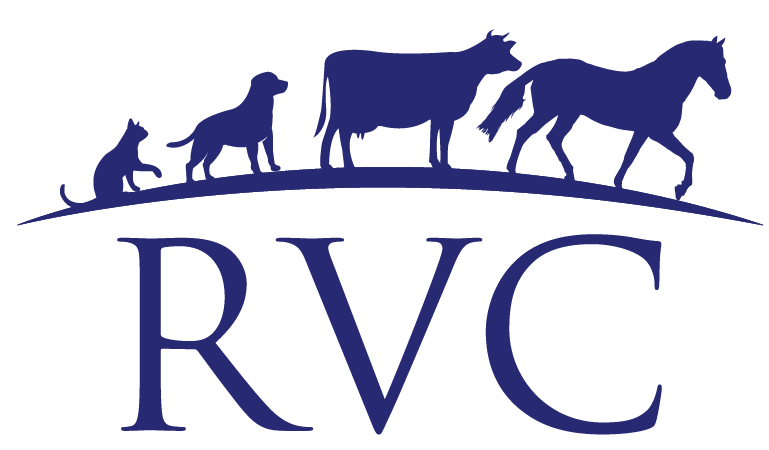Selenium is extremely important!
Selenium is a trace element that Canterbury soils are generally deficient in.
It has a few different functions in the body that are extremely important and the requirement for selenium in horses increases with the amount of work they are doing. All horses require selenium but a horse in high intensity work needs more selenium supplementation than a paddock mate.
Selenium is extremely important in horses and has a number of different roles, the most important as an anti-oxidant. Oxidation is the process of free radical production from a chemical reaction in cells in the body. This process is vital for life to progress but excess free radicals can be harmful causing oxidative stress which damages and kills cells. Anti-oxidants help to counteract oxidative stress and prevent cell damage. Another important function of selenium is for muscle repair and regeneration. There is a link between selenium and muscle integrity that is separate from selenium’s anti-oxidant role. ‘Tying-up’ and White muscle disease have also been linked to selenium deficiency. White muscle disease can be fatal. Selenium has also been linked to retained fetal membranes in mares and cows and is needed in the development and maintenance of an efficient immune system. Subclinical deficiency can be seen as work intolerance, poor hair coat and signs of early ageing.
Selenium in natural state
selenium deficiency
selenium toxicity
Deficiency is common in North Canterbury and nation-wide so supplementation is generally required on top of what a horse is gaining from forage. A lot of commercial feeds and minerals have supplementary selenium and these should be noted on the packaging. An average sized horse in medium work will require between 2.5-3.5mg of selenium per day. This amount may not be supplied by a commercial feed alone so it is a good idea to check how much selenium your horse is getting.
The safe level of supplementation is relatively close to toxicity. Signs of chronic selenium toxicity include mane and tail loss, swelling on the coronary band and eventual loss of hooves. It is a good idea to check the plasma (blood) level of selenium to ensure what you are supplementing is sufficient. We frequently check this, you may be surprised how many horses are deficient. A blood test gives you peace of mind that you are not over or under dosing.
Next time we are out at your place it may be a good idea to have a chat about selenium and do a quick check.



